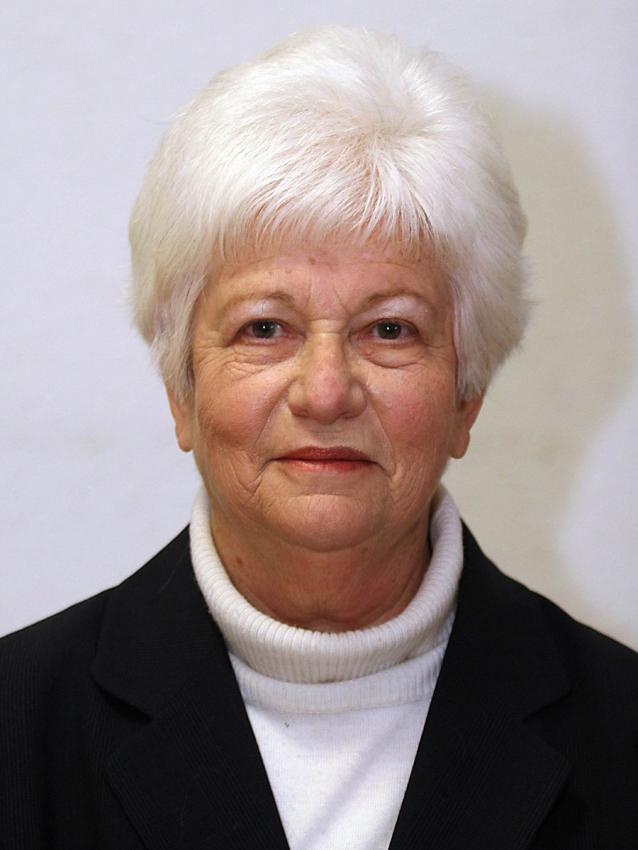Esther Debora Reiss-Mossel lit one of six torches at the State Opening Ceremony of Holocaust Remembrance Day at Yad Vashem in 2009.
Esther Debora Reiss-Mossel, the youngest child of Josef and Elsa, was born in 1938 in Heiloo, Holland to a well-known Zionist family. In 1942, her parents Josef and Elsa entrusted her to their nanny’s family, but Esther refused to stay and returned home.
During the razzia (raid) of 26 May 1943 the family was sent to the Westerbork transit camp. After being hospitalized for many weeks with a number of childhood diseases, Esther went to the camp nursery, where she recalls learning Jewish and Zionist songs. On 19 January 1944 the family of five – including Esther’s brother Benjamin (Ben) and sister Yetty (Yael) – was sent to Bergen-Belsen, which her father believed was a stop on the way to Eretz Israel. When her parents caught typhus, Esther was sent to an orphanage set up by Henny and Yehoshua Birnbaum. Esther remembers the eve of Passover 1945, as her father lay dying, when the Birnbaums baked matza in honor of the Festival of Freedom.
In April 1945, some 2,500 prisoners were forced onto what later became known as “the lost train.” Elsa was left behind at Bergen-Belsen, where she died. For weeks, the train traveled back and forth in an attempt to reach Theresienstadt, caught in the crossfire between German and Red Army forces. Close to one quarter of the passengers died during the journey. Early in the morning of 23 April they heard a Russian soldier shout, “Comrades – freedom!” The train was finally liberated next to a destroyed bridge over the Elster River near Troebitz, some 20 km. from Leipzig. In Troebitz, Tzadok and Chana Mossel adopted Josef’s children, and the enlarged family returned to Amsterdam in August. In the summer of 1950 Esther’s parents’ dream was realized when she immigrated with Chana and Tzadok to Israel. Today, Esther is active in commemorating Jews who saved others during the war, as well as saving the forests and hills of Judea.
Esther was married to the late architect Elimelech Reiss, who helped plan Yad Vashem’s Children’s Memorial. She has three daughters and five grandchildren.


